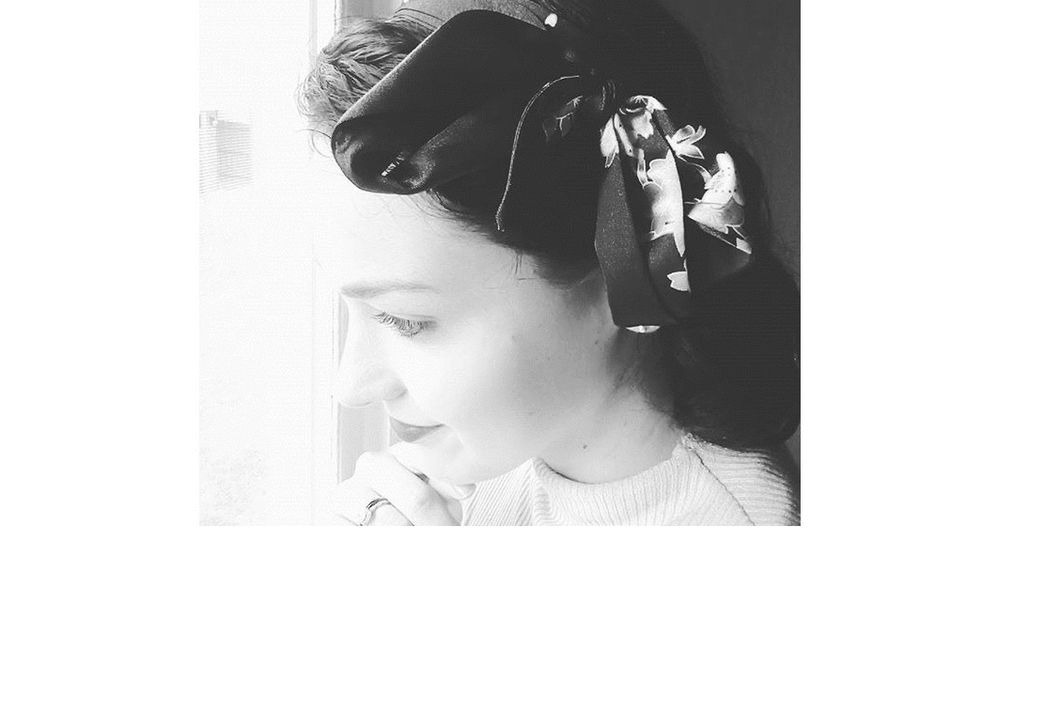When questioned about what is most important to them in a potential partner, most people will say a "good sense of humor." We value humor in our lives. It keeps things lively and upbeat. There's nothing better than a well-placed retort that brings a smile to someone's lips and a rolling laugh from deep inside, especially if you know they're having a bad day. I hear at least once a day: "you're so funny!" and "what a silly girl!" I used to take these as compliments and enjoyed being the silly one everyone could count on to lighten their mood. Now, I'm not so sure.
Even though humor has a seemingly high status in our society, we tend to look down upon it. Back in medieval times, a court jester was probably the funniest guy around. He could get away with a lot of backhanded jokes and irreverent songs that the common people couldn't. Court jesters often had a physical or mental handicap, anything that made them look, sound, or seem different from others. It could be anything from a simple learning disability to a major physical malformation. Though jesters generally had a pretty decent life and were well provided for, all I mean to say about them can be summed up with what they were less eloquently known as: "fools."
For hundreds of years, humor has been equated with low intelligence; unless you consider its slightly sharper cousin, wit. Wit is more a synonym of cunning than of humor. It's generally drier and deals more in irony than comedy. Humor makes you laugh at loud, smile, maybe even spill tear or two. Wit can inspire armies and placate kings, talk money into your wallet, and help you climb the social ladder. This is because being witty generally earns you more respect. In humor, there is a fine line between being laughed at and being laughed with.
I have never been particularly witty, but I am different from most people. I was homeschooled as a child, which I am enormously proud of, but was blissfully unaware of the negative stereotypes that this carried when I went to high school. I dressed funny, read a lot, pronounced words wrong with alarming frequency, didn't have many friends, and liked it that way. I preferred to talk to teachers rather than students. I said what I thought. I was rarely embarrassed, always traditional, very feminine, and (I think) rather well-mannered and polite to an almost absurd degree. I recall many times that I said something in conversation that I thought perfectly normal and received laughter in response. I could never tell if I'd made a joke or if I'd become the joke. As a result, it became a habit for me to put my absurdities out there, right in the open. If I invited people to laugh at me, and laughed with them, it hurt less.
I still have moments in which I think I'm saying something seriously but people shake their heads and laugh at me. I once told a co-worker, during a very polite conversation about politics, that although I consider myself "liberal," I try to never just accept a stance as a party line, rather I listen to the other side and not make assumptions or generalizations. He just stood there and laughed at me. I don't know if he thought that was too idealistic or I was more biased than that or maybe I just phrased it funny, I really don't know. When someone laughs at you, and you didn't mean to give them anything to laugh at, it strips you bare. It's a vulnerable moment, like having a sign you've never noticed stuck to your back that says "kick me." Sometimes, it hurts less if you tape your own sign: "You can laugh. It's funny."
More and more now, I'm realizing that people don't know the real me. They don't take the time to dig down and find out what I think about, what my hopes and dreams are for the future. There's a lack of trust in my ability to take things seriously, or handle important tasks, not because I've ever proven myself unreliable, but because I've never hinted at there being a depth to me, and when I do, people are shocked. When I talked about wanting to foster high-risk and special-needs kids, I once had someone say "Can you really handle that?"
I've lied to myself and said that I don't care what people think and that I have thick skin. But really, I've just silenced myself and the ability to say "It's not funny, that really hurts my feelings." I'm afraid that if I stop laughing, they'll laugh louder. The ironic thing is when you give people around you permission to laugh at you so much, so often, they start doing it on their own terms, when you're not ready. It's the natural consequence of being the funny one.
So consider this the next time the "silly one" in your life crack a joke at their own expense: do they really want you to laugh? Not everyone wants to tell you their life story, to be sure, but every "fool" you know probably has a lot more going on behind that smile than you could imagine. After all, don't you?






 The minimum wage is not a living wage.
StableDiffusion
The minimum wage is not a living wage.
StableDiffusion
 influential nations
StableDiffusion
influential nations
StableDiffusion












